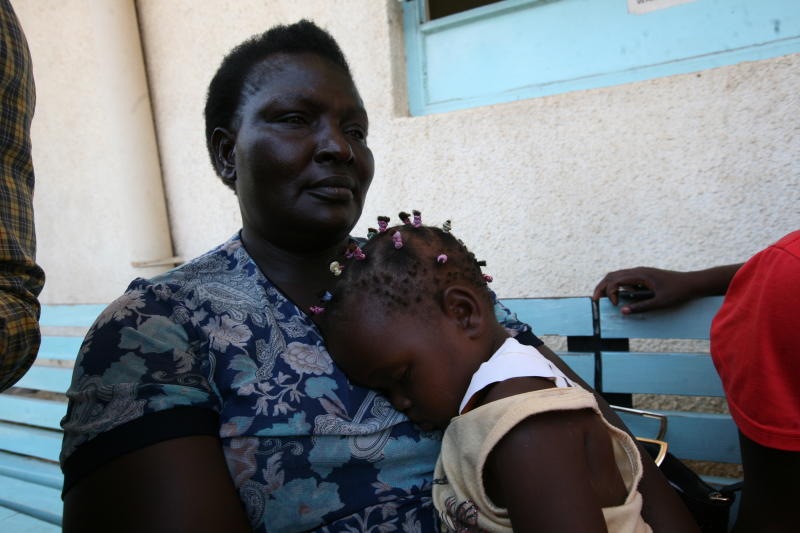×
The Standard e-Paper
Home To Bold Columnists

Lydia Shitadi and her daughter Mary Shantel at Jaramogi Oginga Odinga Teaching and Referral Hospital in Kisumu in 2017.
Three years ago, Mary Shantel was a healthy three-year-old girl enjoying her young life like any other child.







